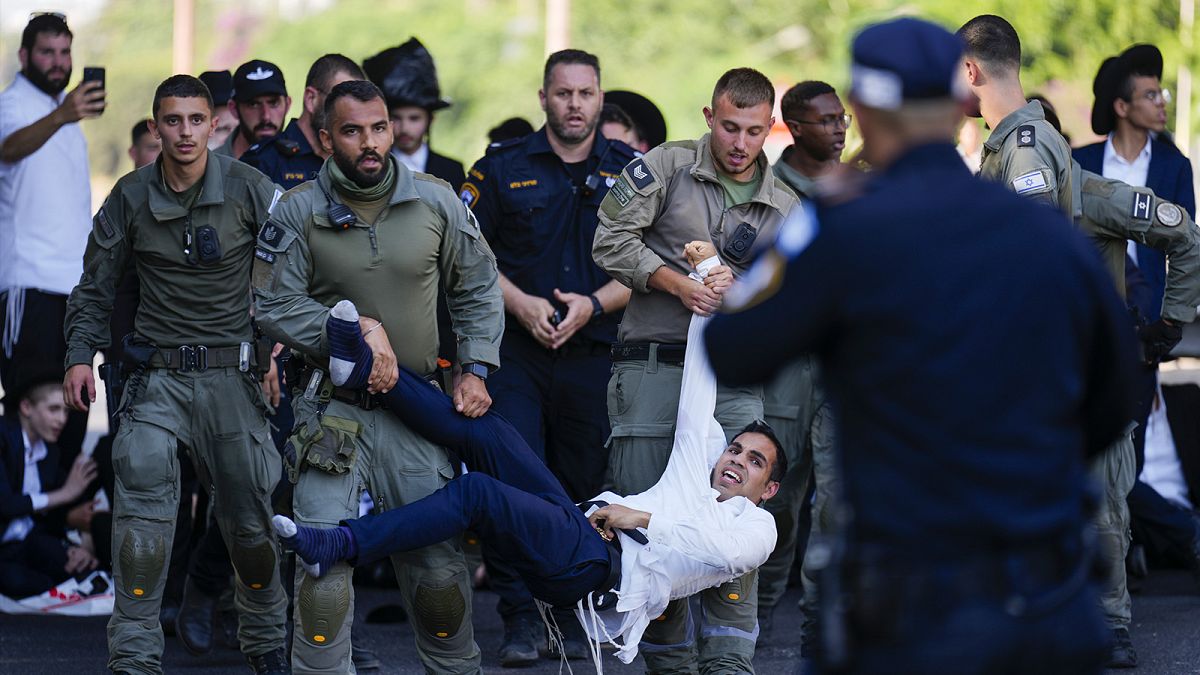Israel’s Supreme Court recently made a landmark ruling that ultra-Orthodox men must now be subject to compulsory military service, thus ending longstanding exemptions and potentially impacting Prime Minister Benjamin Netanyahu’s coalition, especially amid the ongoing conflict in Gaza. This decision marks an important shift in Israeli military policy and has sparked significant debate and controversy within the country.
The Supreme Court’s unanimous ruling puts an end to the exemptions that ultra-Orthodox men had traditionally enjoyed when it came to serving in the armed forces. This exemption had been a contentious issue in Israel for many years and had led to repeated delays and legal battles. With the court’s decision, it is now clear that all citizens, regardless of their religious beliefs, are subject to the compulsory military service law in Israel.
The ongoing conflict in Gaza has already required the mobilisation of many soldiers, leading to over 600 fatalities since October. The ultra-Orthodox parties, which are politically influential and integral to Netanyahu’s coalition, have strongly opposed the change and may even threaten to leave the coalition if the exemptions are indeed removed. This could potentially lead to the collapse of the government, as Netanyahu struggles to balance court rulings with maintaining his fragile majority in parliament.
The ultra-Orthodox community’s stance on military service stems from their view that full-time religious study is their contribution to the state. They fear that serving in the military could undermine their strict religious observance and cultural identity. In addition to the compulsory military service ruling, the court also decided to uphold the suspension of state subsidies for places of study for ultra-Orthodox men, which could further strain relations within the coalition.
It is estimated that the ultra-Orthodox community could provide approximately 13,000 men of conscription age each year, which is less than 10% of the total number of conscripts currently enlisted. However, the Movement for Quality Government in Israel has called for the immediate drafting of all eligible ultra-Orthodox seminary students, emphasising the legal and moral obligation to meet the country’s security demands. This issue has become a significant point of contention in Israeli politics and could have far-reaching implications in the coming months.
Overall, the Supreme Court’s ruling on compulsory military service for ultra-Orthodox men represents a major shift in Israeli military policy. The decision has stirred up controversy and debate within the country, as it directly impacts long-standing exemptions and could potentially destabilize Prime Minister Netanyahu’s coalition. As Israel grapples with ongoing conflict in Gaza and other security challenges, finding a balance between religious freedoms and national security concerns will remain a key issue for policymakers and lawmakers in the months ahead.











